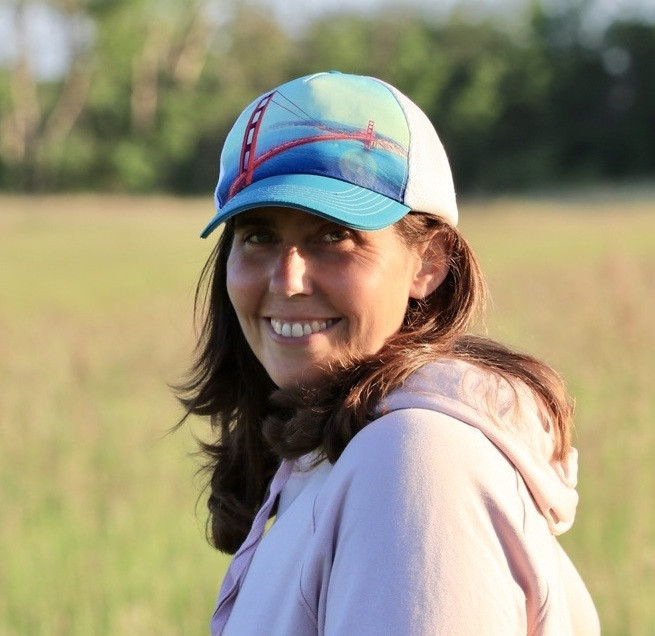Lorne Scott is an environmentalist, naturalist, farmer, and former member of the Legislative Assembly and minister of Environment and Resource Management in Saskatchewan – a province with almost no environmental regulations, some of the highest carbon dioxide and methane emissions per capita, and less than 15 per cent of its grasslands remaining.

- Protecting the Prairies
- Andrea Olive
- University of Regina Press
- $32.95 Paperback, 280 pages
- ISBN: 978-08-89779-60-0
In Protecting the Prairies: Lorne Scott and the Politics of Conservation, Andrea Olive tells Scott’s life story in tandem with an account of wildlife and land conservation policy in Saskatchewan, all while emphasizing the ways in which people can do their part in conserving the environment.
“This book is not a history book. It is not a biography. This is a book about wildlife and nature. It is about birds and conservation. But it is also about getting involved and standing up for things you believe in,” Olive says of her approach.
“I use Lorne Scott’s life to tell the main story and, I hope, it is a story that will resonate with anyone interested in nature, politics, conservation, and the Prairie.”
Conservation is a topic of deep importance to Olive, who divides her time between Mississauga, Ontario, where she is a professor in the Department of Political Science at the University of Toronto, and Saskatchewan, where she grew up and maintains family ties.
“This book was a way for me to find home again,” she says. “Saskatchewan is my home. I love it. It is worth protecting. As I say in the book, ‘As a conservationist, all I ever write about is love. Indeed, this book is a love story. It is about my love of nature and my love of Saskatchewan.’”
Olive had good reasons to focus on Scott. “Lorne is a community-minded conservationist. He is centred in family and community. And his community includes all living things,” she says.
Olive’s and Scott’s paths have crossed numerous times over the years, beginning when Olive interviewed him around 2010 about species-at-risk legislation in Canada and the U.S. for her first book.

This project became real when she attended the Canadian Political Science Association annual conference in Regina in 2018, and mentioned to an editor from the University of Regina Press that she wanted to write a book about Scott.
“She responded, ‘The farmer from Indian Head?’ It turns out the editor was also from Indian Head and knew Lorne. Two days later we were at the Wooden Nickel Saloon with Lorne discussing a book project,” Olive recounts.
“I certainly had no idea how deep and beautiful Lorne’s story was until I interviewed former premiers and politicians, visited his MLA archives, and read some of his writing. I was completely in awe. What a life! What an inspiration!”
Olive’s research for the book led her to discover other surprising facts. “The Canada goose was an endangered species not that long ago! That is a conservation success story to be sure!”
For Olive, conservation is the bottom line, and she particularly wants to let readers know that “conservation does work. That it’s not too late and that anyone (and everyone) can get involved.”













